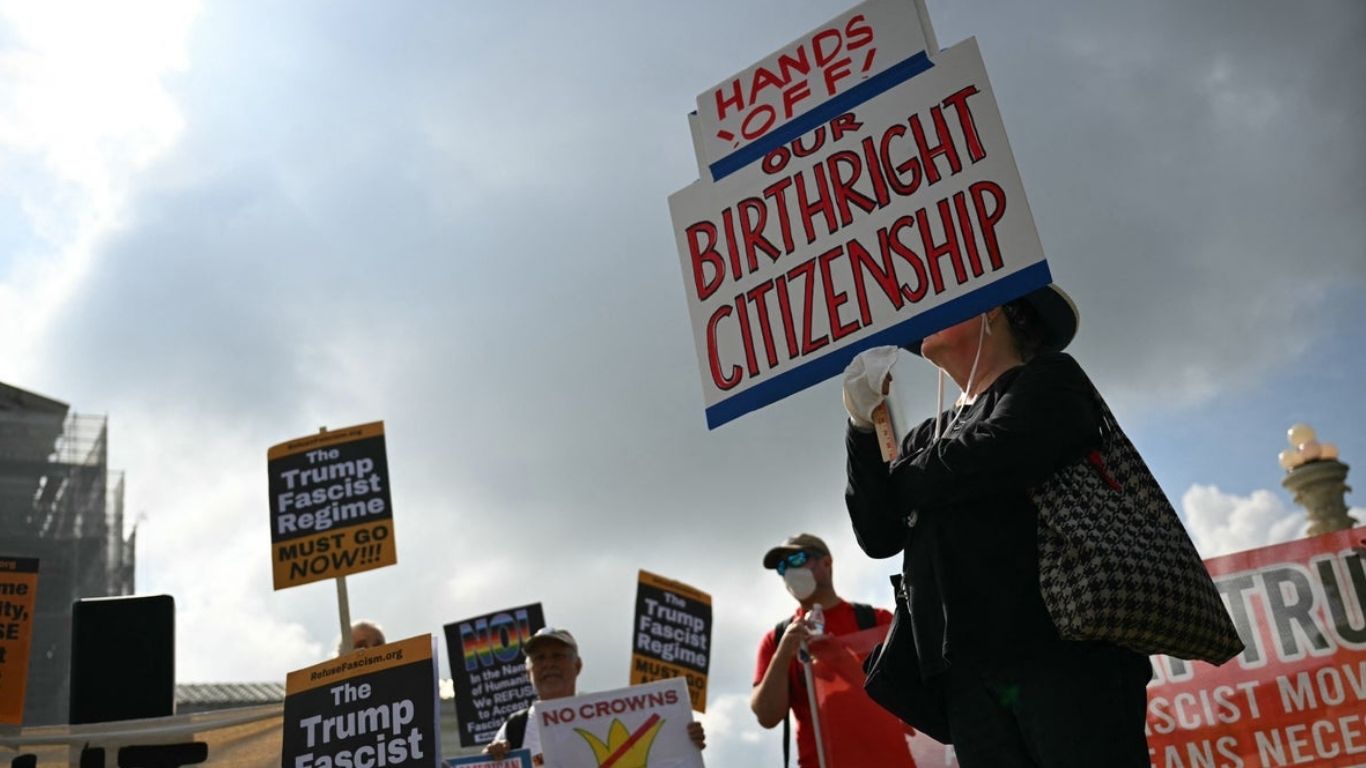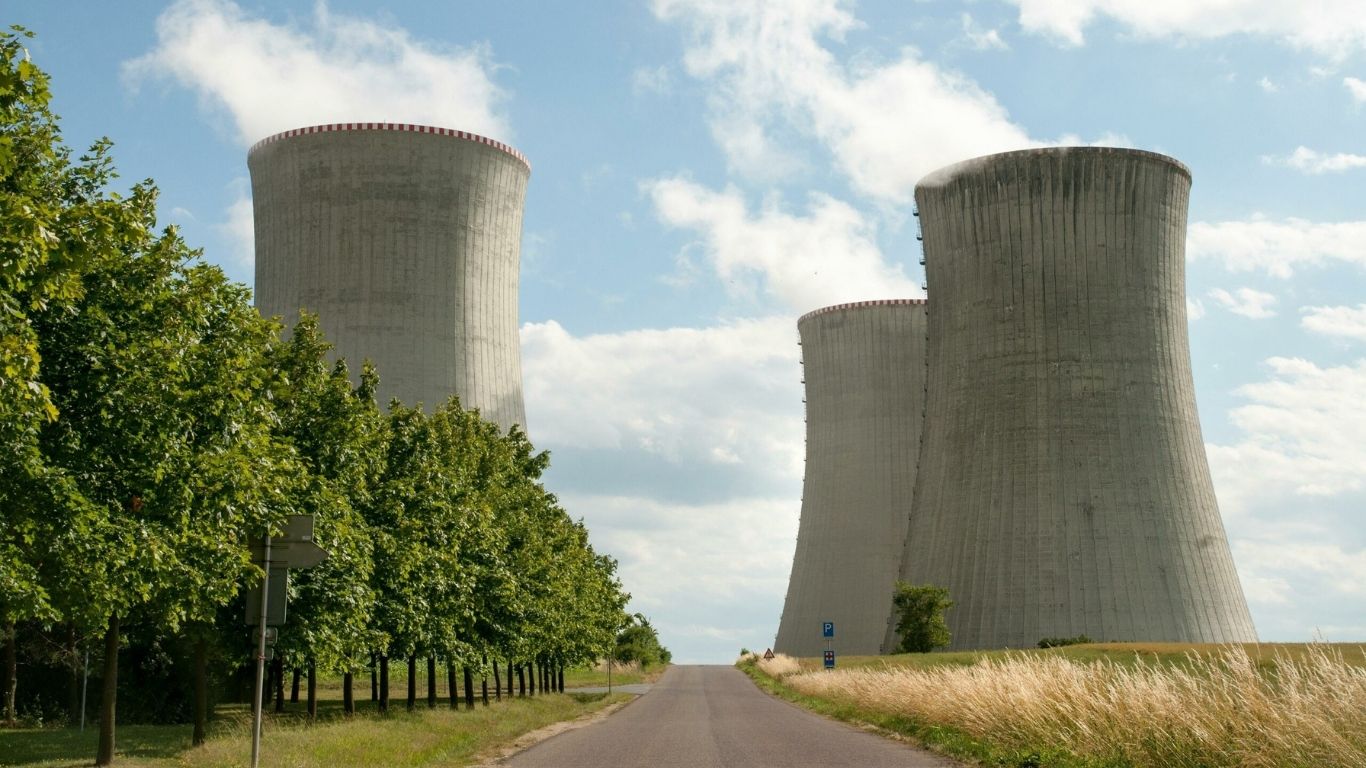A documentary named “In the Name of Justice” brings a truth to the forefront through the lens of the Palestinian struggle, delving into the multifaceted debates surrounding justice in today’s world. Anchored in South Africa’s efforts to bring Israel before the International Court of Justice (ICJ), the documentary explores the global role of justice, presenting the Palestinian issue through historical, legal, and humanitarian dimensions with remarkable clarity.
Historical Context: Apartheid in South Africa
The documentary traces the journey of South Africa’s history, beginning in 1948, the year apartheid policies took root. These policies, which oppressed Black South Africans through systemic discrimination, are juxtaposed with the systematic oppression observed in Palestinian territories today. For example:
Identity Controls: Just as apartheid enforced strict identity controls on Black South Africans, similar practices are observed in Palestinian territories.
Restrictions on Movement: Both apartheid South Africa and contemporary Palestine face severe restrictions on the movement of people, limiting their freedom and daily activities.
Spatial Segregation: Segregated areas and restricted zones in Palestine echo the spatial segregation policies of apartheid.
The inclusion of Nelson Mandela‘s powerful words, “South Africa’s freedom is incomplete without the freedom of Palestine,” deepens the emotional and intellectual impact of the narrative. By drawing parallels between the apartheid era, the documentary makes a compelling call for universal justice. As Michael Lynk, former Special Rapporteur on the situation of human rights in Palestine, said, it sheds light on Israel’s granting of legal rights to 750,000 settlers while simultaneously denying millions of Palestinians their fundamental rights, highlighting the stark inequities that provoke global outrage.
Legal Pursuit of Justice: South Africa’s Role
At the heart of the documentary lies South Africa’s legal pursuit of justice: its move to label Israel’s actions as “genocide” and bring these allegations to the ICJ. This effort involves:
The Genocide Convention: Exploring whether modern iterations of apartheid align with genocide, as defined by international law.
Legal Nuances: Delving into the complexities of applying international legal standards to the Israeli-Palestinian conflict.
Effectiveness of International Mechanisms: Questioning how effective international bodies like the ICJ are in addressing and resolving such deep-rooted conflicts.
Human Stories: Emotional and Intellectual Impact
Rather than treating the conflict as a purely political issue, the documentary emphasizes the human stories that bring the tragedy into sharp focus. Particularly poignant are the accounts from a doctor in Gaza, who recounts the harrowing challenges of treating a 10-year-old child injured by shrapnel amidst bombings. These scenes transform cold statistics into deeply personal narratives, urging viewers to empathize and reflect on the individual suffering behind the headlines.
The personal testimonies interwoven throughout the film reveal the devastating toll of war on daily life. From the destruction of homes and hospitals to the resilience of those who endure unimaginable hardships, the documentary paints a vivid picture of human endurance and vulnerability. These stories challenge audiences to move beyond passive observation and consider their role in advocating for justice.
South Africa’s initiative to lead this legal battle is portrayed as a catalyst for global solidarity, inspiring activists worldwide. The documentary underscores the critical link between individual responsibility and collective action, offering a powerful message of hope and unity in the face of systemic injustice.
Visual and Historical Storytelling
“In the Name of Justice” excels in storytelling using archival footage, courtroom scenes, and intimate interviews to create a multi-dimensional narrative that bridges the past and present. These visuals not only enhance understanding but also immerse viewers in the historical and contemporary contexts of the Palestinian struggle.
Another noteworthy aspect of the documentary is the reference to the Turkish Anadolu Agency’s (AA) book “Evidence,” which was instrumental in the legal processes at the ICC. The documentary emphasizes that the “Evidence” book was also used at the ICC and the support of the book in this critical process, which is mostly unknown even to the Turkish public. It is also worth noting that the work with its investigative journalism team will be taken as a reference in future processes as evidence, just like AA.
By asserting that justice is not merely an ideal but a necessity, the documentary positions itself as a vital resource for both academic inquiry and humanitarian reflection. It is a masterpiece that deserves to be seen, discussed, and remembered. By asserting that justice is not just an ideal but a necessity, it challenges viewers to reflect on their role in advocating for justice and supporting efforts to address systemic injustices globally.



